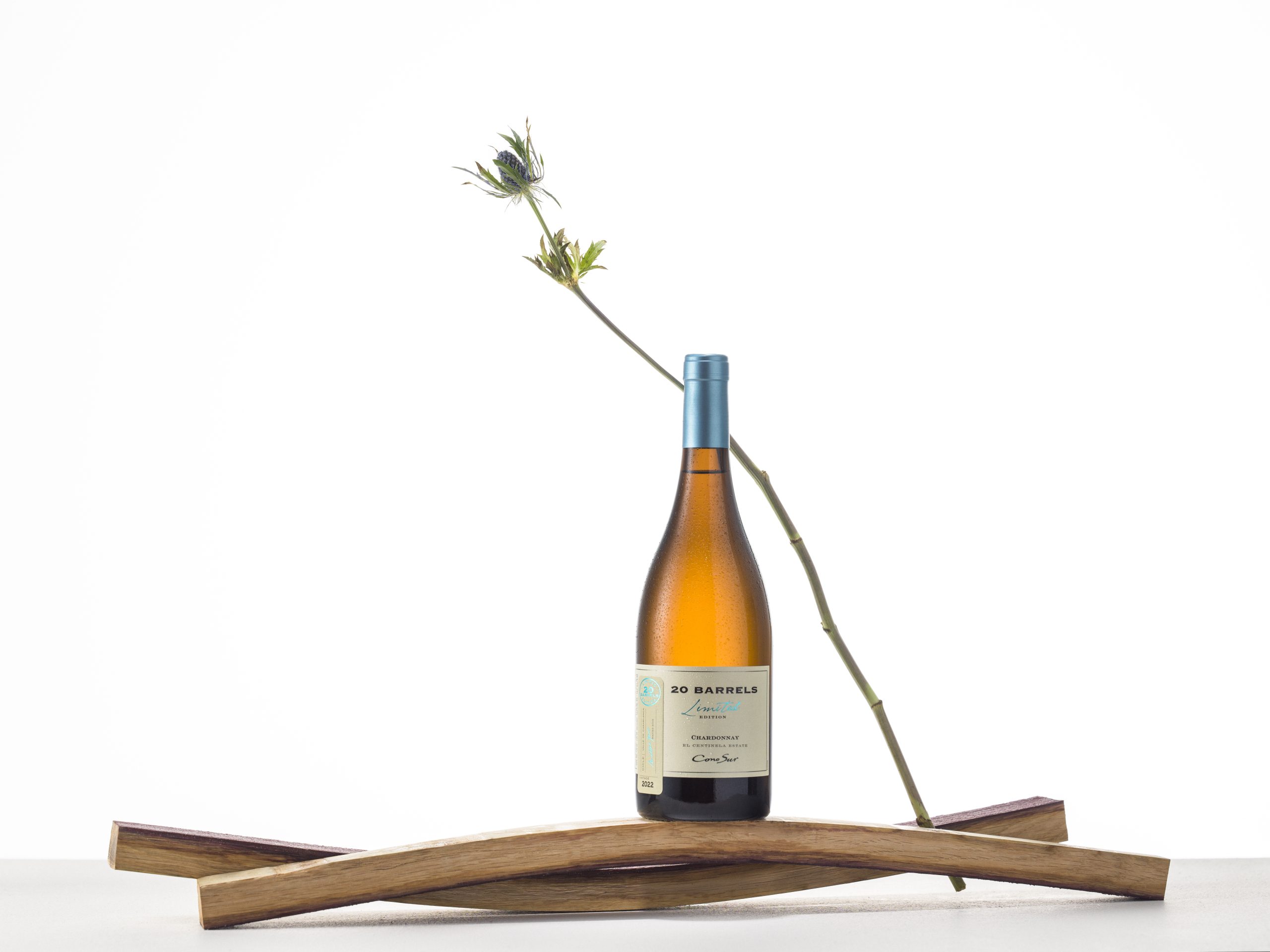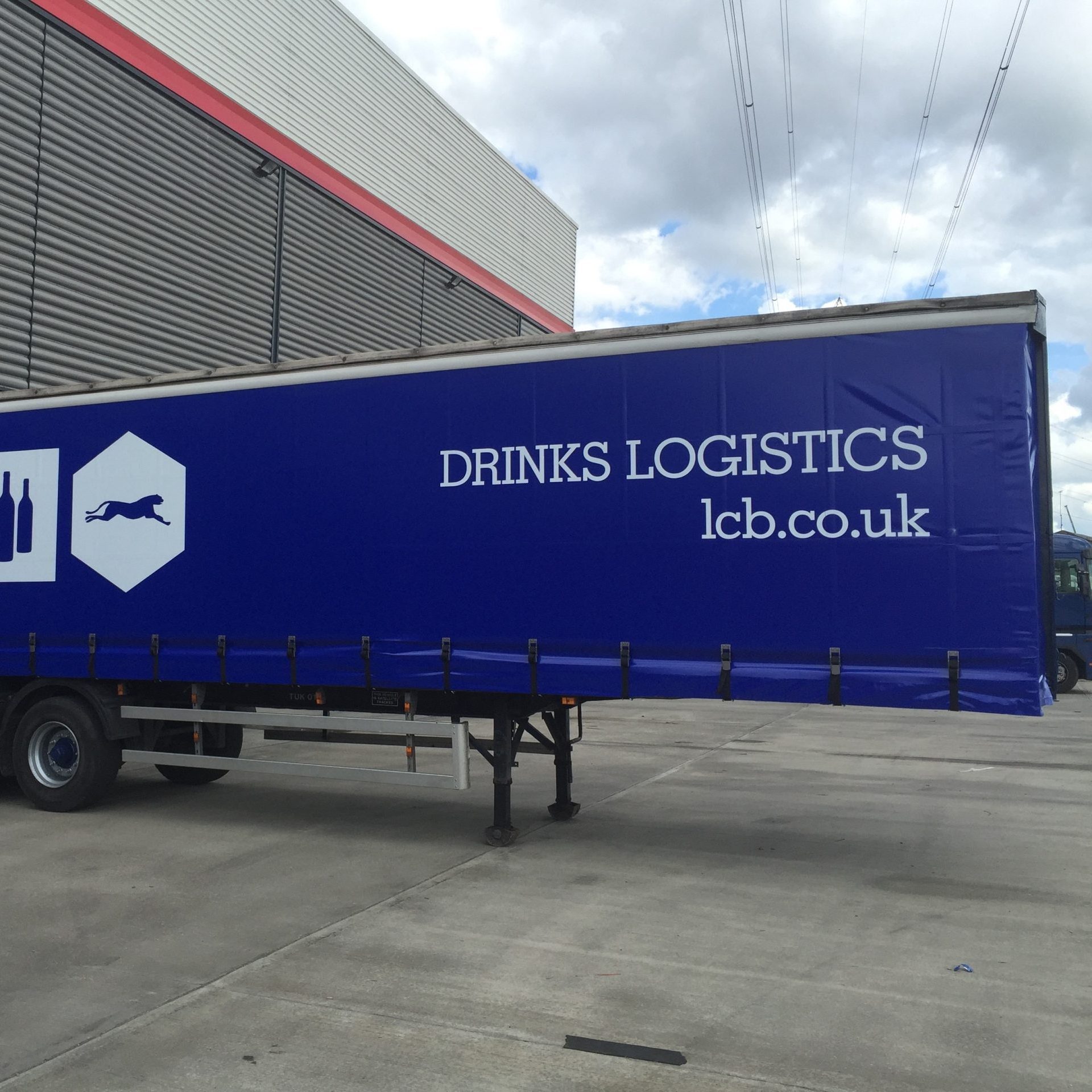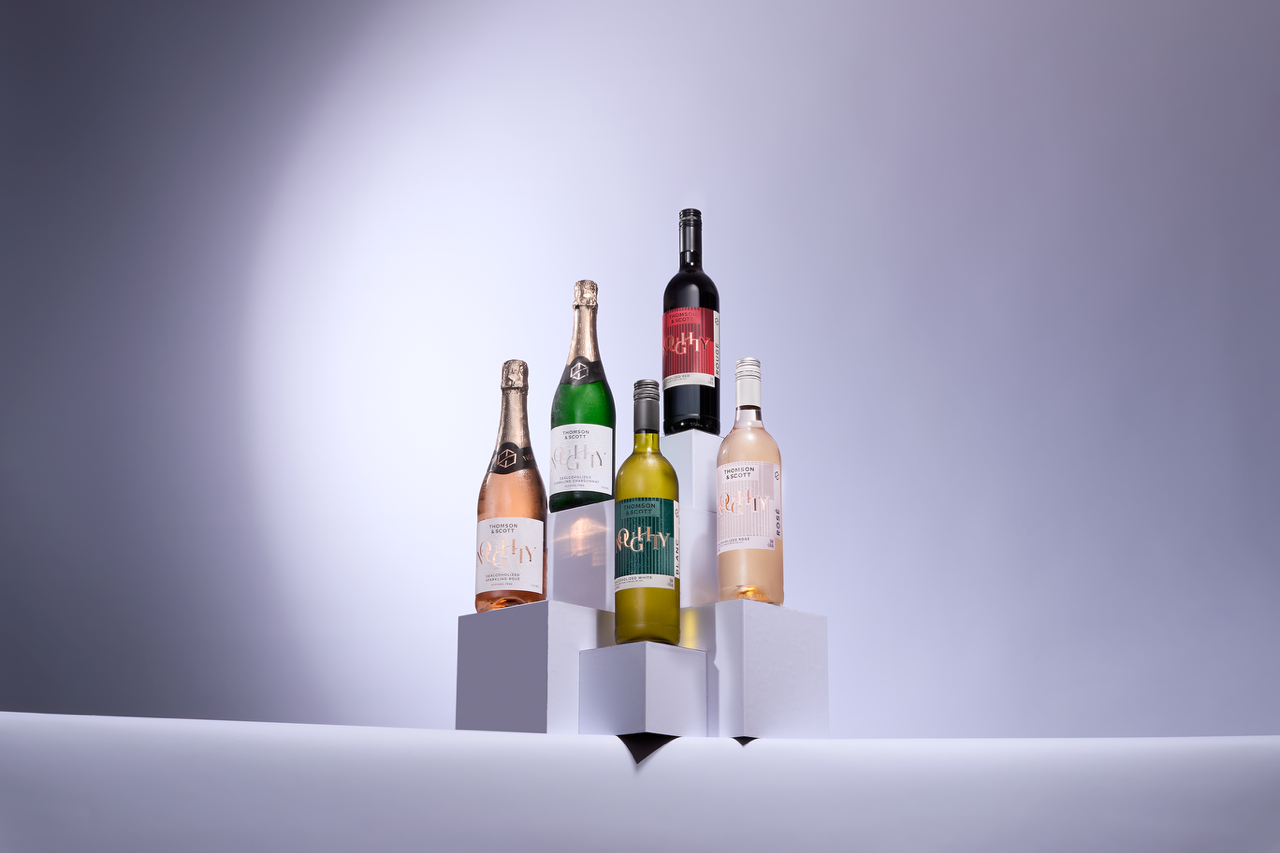This website uses cookies so that we can provide you with the best user experience possible. Cookie information is stored in your browser and performs functions such as recognising you when you return to our website and helping our team to understand which sections of the website you find most interesting and useful.
UK RETAIL SPECIALISTS: Chain reaction
By db staff writerBy successfully finding their own niche in the face of supermarket domination, independent wine specialists have proved Newton’s law of motion, writes Ben Grant
“For every action, there is an equal and opposite reaction.” That’s the basic premise of Sir Isaac Newton’s Third Law of Motion, one of the cornerstones of modern scientific thinking. As he sat under the tree in 1687, pondering the universe and waiting for the famous apple to land on his head, it would be safe to assume that the great physicist wasn’t thinking specifically about the 21st century British retail model. But the state of the current trading landscape fits rather neatly within the rules that he laid down.
During the last two decades we have witnessed the seemingly inexorable rise of the supermarkets. Commanding mammoth economies of scale, and with access to quantities of data and consumer insight that would bring a blush to Big Brother’s cheek, they have stretched their tentacles to the furthest corners of our island, wrapping up our communities in a seemingly vice-like grip.
Watching the multiples multiply, the doom mongers predicted that the independent sector simply could not compete on such an uneven playing field. But they clearly didn’t remember good old Newton. For while the growth of the Big Four continues in earnest, the independents that have managed to find a niche – who have devised a strategy that avoids locking horns with the supermarkets – are enjoying similarly halcyon days.
Independent thinking
“More quality-focused independent specialists are opening than at any other time in the last 20 years, making the most of an opportunity being created by an interested and affluent consumer,” says Mentzendorff managing director Andrew Hawes. “When the supermarkets first began to take wine seriously they were seen as the evil empire. The independents were hit very hard,” says Orbital’s Nick Dymoke-Marr, “but now the sector is growing very healthily.” Concha y Toro UK managing director Christián López points out that there has not necessarily been “a backlash” against the multiples, “but there does seem to be more room for innovative retailers to make a living. The independent sector is entering a more positive phase and the clever retailers are tapping into this demand for bespoke service and something a bit different”.
Herein lies the key: the potential is undoubtedly there for independents to thrive, and for suppliers to thrive with them, but only if the offer is clearly distinguished. As Danny Cameron, consultant for db award-winning independent Lewis & Cooper, puts it: “We should assume that each person who walks through the door has gone out of their way to do so, and treat them with the respect they deserve – ultimately, great service gets rewarded.” Naturally shoppers are drawn towards the convenience, selection and value that the supermarket provides, but in tandem with this they also yearn for a more genuine, connected and meaningful shopping experience – and wine is the perfect product to fulfil this desire.
From a supplier’s point of view, the most secure strategy is undoubtedly tapping into multiple routes to market, avoiding the danger of over-reliance on a single channel. “Nobody can afford to have all their eggs in one basket,“ cautions Dymoke-Marr, “so you must infiltrate all parts of the market.” Chloe Wenban-Smith of Maisons Marques et Domaines agrees, stressing “your business is better served if it’s spread more widely”. Because, while securing a valuable listing with a major multiple may enable you to generate extraordinary volume growth, “being too reliant on a single customer becomes a very uncomfortable place to be … if they take too much of your allocation you are beholden to them, and it’s difficult to keep control of the brand.”
This idea of maintaining control of your brand may sound simple, but some suppliers are too easily seduced by the charm of the multiples, and before they know it they’re trapped in a promotional pattern that becomes a struggle to sustain. “I’m a firm believer that you make your bed and lie in it,” says Dymoke-Marr. “A brand owner has to control their own destiny and be firm on what they are prepared to do – if you lose control of the brand, you only have yourself to blame.” He points towards Apple (computers that is, not fruit) as a perfect example of a company that has engineered exceptional growth while staying well and truly in charge of the brand’s destiny.
At the other end of the scale, the fragmented nature of the independent sector means that brand owners face less of a risk of surrendering authority over the brand – but that doesn’t mean that it’s an easy place to do business. Agreeing a listing with a supermarket involves dealing with a relatively small number of individuals in order to gain distribution in hundreds of points of sale. This is, of course, not the case with the specialists. “It’s a much more piecemeal way of doing business, the old fashioned way,” says Wenban-Smith, enthusiastically. In order to reach so many separate traders it is necessary to have a large sales force that spends plenty of time out in the field, sniffing out new customers and building relationships.
Small but perfectly formed
Aside from the time taken to service so many accounts, an added level of discipline is also required. “You need to be strong on logistics and also to be completely on top of accounts, invoicing and payments, so you need effective systems in place,” advises López. Hawes agrees with this necessity, stressing “you need to gear up (the business) accordingly”. It’s a labour-intensive process, but get it right and the rewards can be rich.
“The advantage of being small is being reactive to availability of appropriate supplies at short notice, and responding to individual customer needs,” Cameron explains. If the supermarket is the retail equivalent of a mile-long supertanker that can carry a staggering volume but takes miles of open water to turn around, then the independent is an agile dingy – the capacity may be rather smaller, but it is incredibly reactive and can change direction in an instant. And, lest we forget, they can still engage in the occasional value-led promotions where appropriate (though if you desperately need to shift a few tanks by last Tuesday, they’re probably not the best place to go.)
Partner Content
| Specialist treatment
From a category perspective, it would be easy to assume that the supermarket is the best place to reach a substantial audience. However, several generic bodies are proving that the independent channel can be just as effective. In fact, according to Lewis & Cooper’s Danny Cameron, excessive focus on the multiples can hinder a category. “I suspect ‘damage’ should be seen in the broader context of categories, rather than brands. The continual deep discounting of Australian wines through supermarkets means that we sell very little Aussie wine. I think that many consumers now associate Australia with supermarkets and discounts.” Spain and New Zealand are two of the generics that are harnessing the potential of the specialists most effectively. Wines from Spain director María José Sevilla says that the flexibility of the retailers means that a wide range of mechanics can be utilised, as opposed to the more prescriptive model that is imposed by large chains. The generic has effectively implemented a number of concepts – from POS marketing materials, to staff incentives, Spanish dinners and web activities. New Zealand Wine have been working wih the independents since 2005, with UK director Warren Adamson describing the channel as the “perfect platform”. “You have to put the leg-work in, there’s plenty of time and energy required, but the retailers are incredibly enthusiastic. They are open to new concepts and really appreciate our help.” Adamson reports that the sector is particularly keen on concepts that are ordinarily out of the reach of the smaller retailer, such as assistance with building a databse and creating an email newsletter. New Zealand Wine has helped to set up a number of such newsletters, which promote both the store and the generic. “It’s a win win situation,” he says. |
The buyer who interacts with the brand salesperson is also likely to be the same person who works the shop floor, handselling wine to the end consumer. The benefits of this short chain of communication are twofold: on the one hand the brand owner is able to impart their passion and enthusiasm very directly, and it also allows phenomenal insight into what’s happening instore. Wenban-Smith talks about independents providing excellent “instant feedback” – they may not generate the reams of data that the supermarkets thrive on, but they can give a very candid, firsthand account of how consumers react to the product.
In terms of the structure of the independent sector, there has been considerable change since the advent of the supermarkets. The fierce competition that suddenly arose proved to be too much to bear for some retailers, and many were forced to close down. Those that survived were the operators that managed their business well, and they have since been joined by a host of newcomers who have a similarly enlightened approach. “There’s lots of new blood in the market,” says Dymoke-Marr. “Successful independent wine shops are now run by professionals; they are well organised businesses, profitable and sustainable.” There are currently approximately 1,000 specialist independent wine retailers in the UK – and according to Dymoke-Marr about 500 of them generate over 80% of total sales.
Farmers’ markets and niche speciality food stores are flourishing in the current retail landscape. While wine cannot boast the same “localised” credentials of many of these goods, it is still comfortably aligned with their wholesome principles in the consumer’s mind. Interestingly, Hawes suggests that this could ultimately lead to the wine trade opening up an entirely new route to market. “There’s nothing to stop butchers and farm shops applying for licenses,” he ponders.
Room for the little ones
There is undoubtedly room for smaller operations to flourish, and in many respects the current environment plays perfectly into the hands of the independents. The key to success is not to compete tête-à-tête with the supermarkets, but to serve an alternative function. Were our old friend Isaac Newton around today, you’d assume that he’d pop to Tesco for the bulk of his weekly shop, but for certain products he’d prefer the experience of visiting his specialist local store. And when it came to apples (if they stopped falling from the sky and hitting him on the head) my guess is that he’d go to the farmer’s market to buy locally-sourced, organically-grown Cox’s Pippins.
© db August 2007





